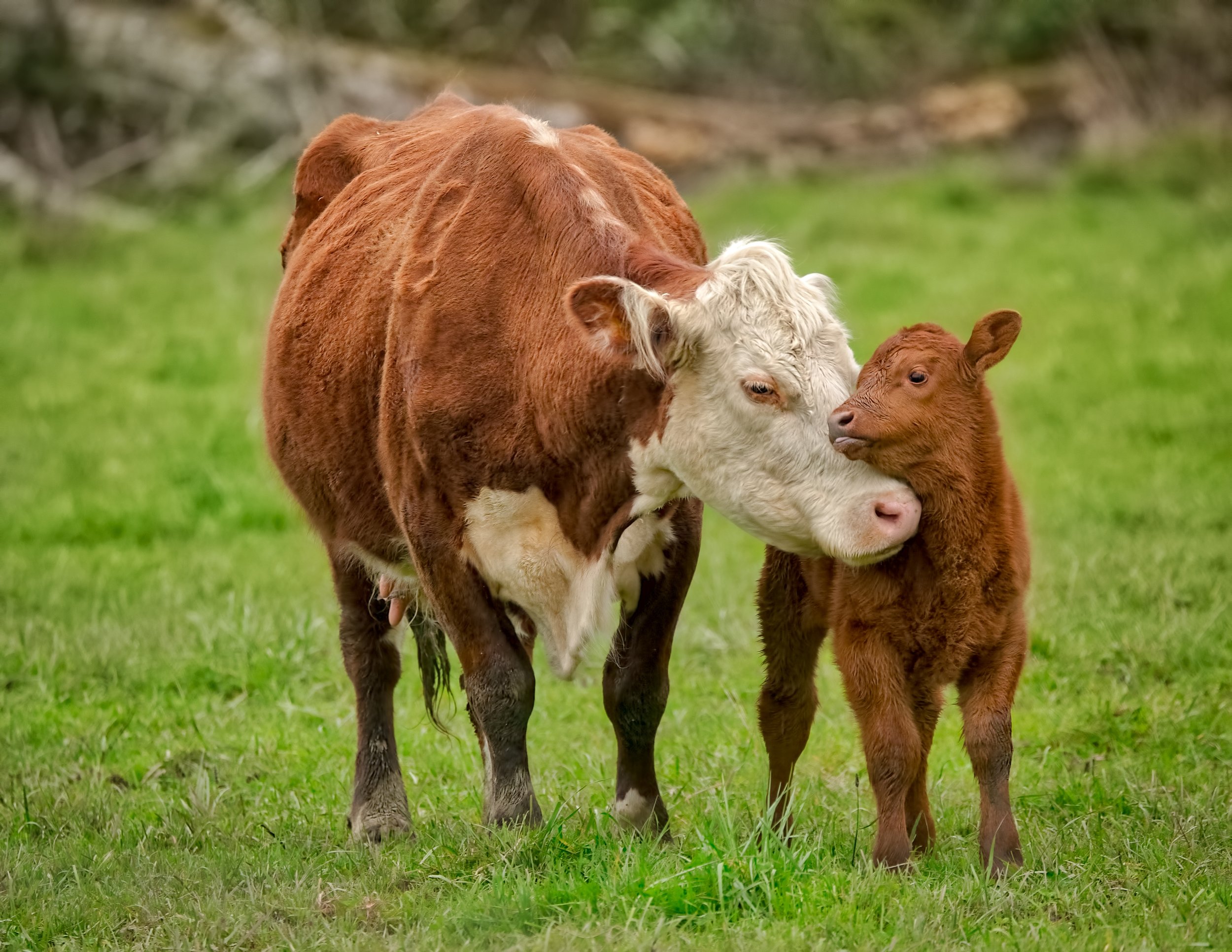Ask Mang | What’s the difference between a Buddhist diet and a vegan diet?
** “Ask Mang” is the China Vegan Society's Q&A series. "Mang" is the Romanization of 茻, the Chinese character which the China Vegan Society uses to represent veganism. Email Mang with your questions about veganism in China and she'll do her best to answer you!
Q: Most vegan restaurants in China are Buddhist. Is a Buddhist diet the same as a vegan diet?
A: If you’ve eaten at a vegan restaurant in China, there’s a high likelihood that it was a Buddhist restaurant. Most of China’s vegan restaurants follow Chinese Buddhist doctrine and serve no animal products, garlic, or onions. Does that mean that the Buddhist diet is pretty much an extra-strict vegan diet?
If you’ve ever eaten in a vegan restaurant in China, there’s a good chance it was near a Buddhist temple and looked something like this
The answer is no. First of all, there is not really one "Buddhist diet"—there are many! Different Buddhist traditions interpret scriptures differently and give different dietary recommendations to practitioners. For example, Mahayana, Hinayana, and Vajrayana Buddhism, practiced in different communities throughout Asia, all have different perspectives on the ethics of consuming animals and animal products, as well as different recommendations for which kinds of animal products to abstain from. Mahayana Buddhism encourages practitioners to abstain from consuming garlic and onions and also all meat, seafood, and products that cost animals' lives. In Hinayana Buddhism, practitioners are only required to abstain from the five pungent plants—there is no requirement to abstain from animal products. And in some schools of Vajrayana Buddhism, practitioners may be permitted to eat meat on condition that they bore no responsibility for the animal’s death.
Second, although Buddhism often shares similar guiding principles and dietary practices with veganism, they are distinct concepts with distinct goals and perspectives and cannot be seen as interchangeable. For many vegans, the guiding principle behind a vegan lifestyle may be complete abstinence from all exploitation of animals based on a rejection of speciesism, while for Buddhists the guiding principle may be to abstain from using animals in ways that cause harm.
Third, a Buddhist diet is subject to individuals’ personal choices and subjective interpretations with regards to consuming animal products. For example, a lay Buddhist may or may not choose to take a precept (vow) to abstain from consuming any food or product which cost an animal its life. Different individuals may also have different interpretations of whether products produced by and not from animals, such as milk or honey, cost animals their lives.
Q: Why do some Chinese Buddhist vegetarians abstain from garlic and onions, but not milk, eggs, or honey?
A: Many Western vegans in China don't understand why vegetarian diets in China are sometimes more strict about abstaining from garlic and onions than they are about abstaining from certain animal products. As Zhejiang-based monk Ven. Xuexiang explains, in a Buddhist diet, abstinence from animal products and abstinence from garlic and onions are based on separate principles and commitments. In a nutshell, Buddhists abstain from meat and animal products out of a commitment to compassion, while they abstain from the "five pungent plants"—including garlic and onions—out of a commitment to maintaining mental clarity. The five pungent plants are easy to define and abstain from, as are foods containing animal flesh. But non-meat foods that violate the principle of compassion are harder to define.
It’s easy to determine if a food contains garlic and onions. It’s harder to determine whether or not a food is “compassionate”.
According to Mahayana Buddhism, practitioners should practice compassion by abstaining from killing sentient beings, or from partaking in consumption that directly causes the death or suffering of sentient beings. However, products produced by and not from animals are not automatically considered to violate those principles. According to some schools of Mahayana Buddhism, eating eggs violates the precept of non-killing, because eggs are considered to be animal in nature. Milk, on the other hand, does not violate the precept of non-killing because it is actually produced by animals to be used as food (albeit by calves and not humans). The same is true for honey. This is why many devout Buddhists do not abstain from certain animal products, even if they are extremely strict about meat, garlic, and onions.
However, this interpretation is controversial even within the Buddhist community. According to Ven. Xuexiang, when any non-meat animal product such as milk, wool, or honey is produced through forced and artificial means, this causes suffering to animals and therefore violates the principle of compassion.
Both Buddhism and veganism advocate compassion toward animals, but their approaches vary.
Ultimately, Buddhist dietary doctrine regarding the consumption of animals is much more open to interpretation than veganism is, leading to a lot of variation between individuals.
Do you have any questions about veganism in China? Ask Mang!


